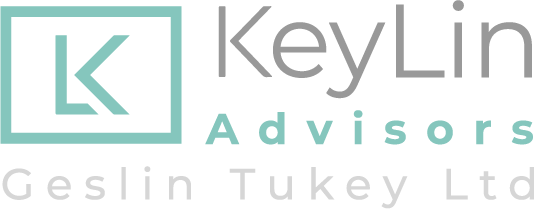Get Ahead of Tax Season: What to Know About Filing Quarterly Taxes
Being self-employed has many benefits, like having more agency, setting your own schedule, and choosing what work you accept. One of the challenges, though, is tax season.
For self-employed people, tax season can range from mildly confusing to entirely bewildering. Without a traditional employer to withhold taxes from your income, how are you supposed to pay your taxes? The short answer is “estimated taxes.”
Estimated taxes, or quarterly taxes, are regular payments made on income that is not subject to withholding. These payments help distribute an individual’s expected tax liability throughout the year. Individuals are responsible for filing quarterly taxes at the federal and state level, and you may owe different amounts for federal and Minnesota quarterly taxes.
If that brought up more questions than answers, don’t worry. We’ll answer your questions about filing quarterly taxes, so you can go back to enjoying your favorite parts of being self-employed.
What, Exactly, Are Quarterly Taxes?
Income that is payment for personal services is considered taxable, whether or not taxes are withheld from it. Individuals whose income isn’t subject to withholding — such as self-employed people, sole proprietors, partners, and S corporation shareholders — or who do not have enough income withheld from other sources, are responsible for paying those taxes themselves. Often, this is referred to as “self-employed income tax.”
In the US, taxes are “pay as you go,” so federal and state estimated taxes help people pay taxes on their income throughout the year to make their tax payments more manageable and reduce the risk of penalties.
To calculate your federal and Minnesota quarterly taxes, use resources from the IRS, including form 1040-ES, the Minnesota Department of Revenue, and talk to your tax professional with any questions. Filing quarterly taxes can be done online or by mail, but remember — payments must be received by the deadline, so give yourself plenty of time.
Down to Details: How Filing Quarterly Taxes Works
Estimated taxes are also known as quarterly taxes because they’re due quarterly, or every three months. Payments are typically due on April 15, with the traditional tax deadline, as well as June 15, September 15, and January 15 of the following year, though weekends and federal holidays can change the deadlines.
While you can technically make one large lump sum payment in April, we don’t recommend it. On the other hand, you could pay more frequently, such as monthly, to distribute your payments more.
Regardless of when you pay, you’ll be responsible for your actual tax liability when you file. If you underpay throughout the year, you’ll owe the difference the following year, and if you miss payments, you’ll be subject to penalty fees, which vary based on factors like amount owed, interest fees, and the time elapsed between the deadline and your payment.
Not Just Self-Employment: Other Income Subject to Quarterly Taxes
We’ve focused primarily on self-employed people so far because we’ve found that to be the most common reason people pay estimated taxes. However, other forms of income are subject to estimated taxes, too.
If you expect to owe more than $1000 in taxes federally, or $500 in state taxes in Minnesota, you will likely be subject to filing quarterly taxes, even if you have taxes withheld in other forms, such as through an employer. Depending on your previous year’s tax return, you may need to pay estimated taxes, too, regardless of your withholding.
In addition to self-employment income, other forms of income that are not subject to withholding may require you to pay estimated taxes — including interest, dividends, alimony, capital gains, and prizes and awards.
No matter what your situation, stay ahead of your estimated taxes by being aware of what taxable income you have and what has been withheld.
We Can Help With Filing Quarterly Taxes All Year
Even though your estimated taxes are due quarterly, KeyLin’s accounting and tax experts are available all year to answer your questions and help you better understand your taxes. We’re happy to answer any questions you may have about filing quarterly taxes, so you can make informed decisions about your finances. When you meet with one of our tax experts, you’ll have an opportunity to ask your questions and get our opinions on your returns, all before you file. Schedule your free consultation today.


